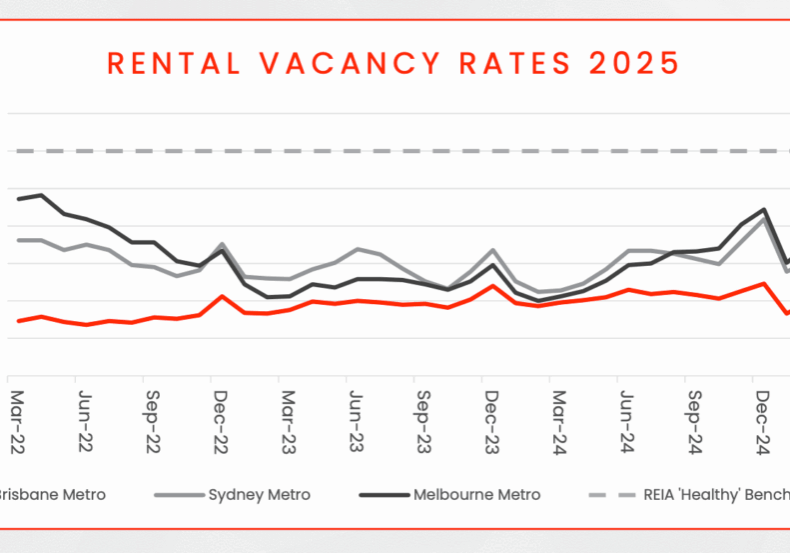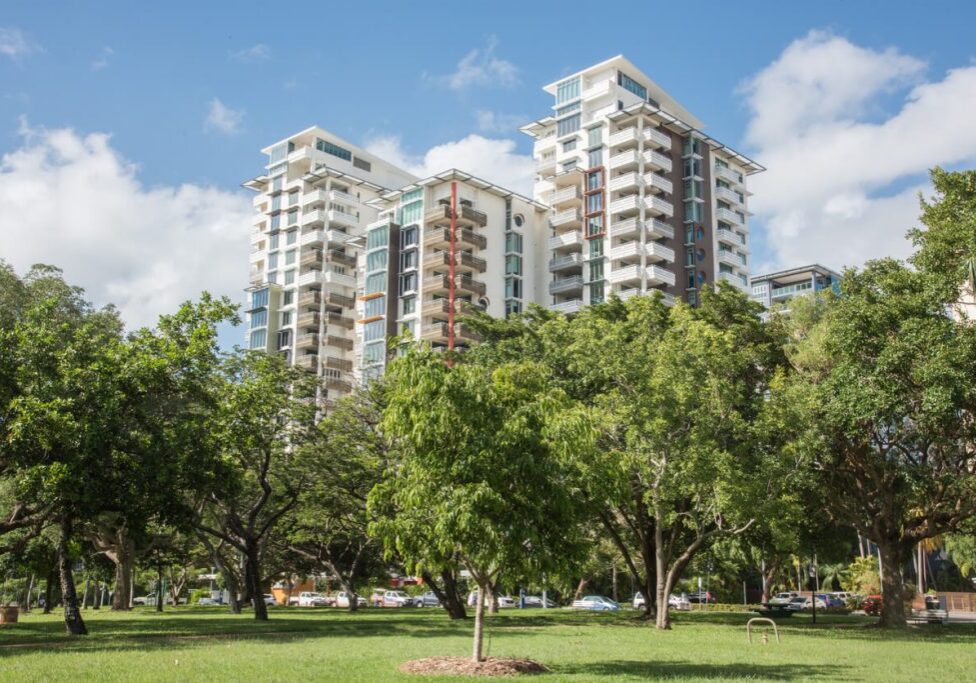How to budget for a rental property

If this is your first time looking for a rental property, or you are getting back into the rental market, it is important to know how to budget correctly. Spending the right amount on rent can help you to save more money, and allows you to spend more on non-essentials. On the other hand, in some cases spending too much can put unnecessary stress on you. Fortunately, to find out how much rent you can afford there are a series of rules that should generally be followed. Let’s get into it.
How to know how much I can afford?
There is a sweet spot for the amount of rent you should be paid. This is generally considered to be around 30% of your income. Whether this is right for you may depend on your financial goals. Spending only 30% of your income is the golden rule that aims to strike a balance between finding a property that is comfortable and affordable. It allows those on a median income to have a home and also have enough money to live their life.
Here is how it would look if you spent more or less:
20% of your income
Spending only 20% of your income on rent is a very thrifty way to live. It gives you far more flexibility in terms of what you spend your money on. You may have more savings, more investments, or you may be able to spend more on non-essential goods. The downside here is that you may have to compromise more on the property and the location. It could be harder to find better places, especially in the inner cities. If you are ok with this, then 20% could be the right option for you.
30% of your income
30% is the sweet spot for most people. It is generally used by property managers and landlords to determine whether you can afford a property or not. This is because it provides a good balance of comfort and affordability. You will have a place you can call home while also being able to save money, and pay off your bills.
40% of your income
Spending 40% of your income is less advisable, but there are some cases where it may be necessary or good to do. If you earn an above-average income, spending 40% may get you a rental in a great location with more living space. With a high income, you may still be able to save money and pay your bills. Alternatively, many students or low-income earners may find themselves in this situation, which can cause rental distress. Either way, spending 40% is a risk and you should be mindful of your spending habits.
How to calculate the amount of rent you can afford
Using the 30% rule you can very easily calculate how much rent you can afford. Start by finding how much money on average goes into your account whenever you are paid. The next step is to multiply that by 0.3 to find out how much you can afford. The equation would look like this:
Your weekly income x 0.3 = the amount you can afford per week
If you want to calculate how much of your income you are currently spending on rent, you just need to reverse the equation. For example:
Your rent / your weekly income = percentage of weekly income spent
So, if you were earning $1000 per week, using the above equation ($1000 x 0.3 = $300) you should be spending a maximum of $300 per week on rent. But what if you were spending $400? Well, $400 / $1000 = 0.4. So, you would be spending 40% on your rent. If you don’t want to be spending this much, it is probably time to move or gain a side hustle to increase your income.
How to calculate your rent if you don’t live alone
Renting with a partner
If you are renting with your significant other the calculations don’t change much. Instead, you just add both of your take-home pay together. For roommates, things can get a little more complicated. But essentially, you only need to apply the 30% rule to your portion of the rent. If you are about to move out with some friends, then you can use this information, and 30% of your friends’ incomes to determine what you can collectively afford.
Renting as a student
As a student, you may be in a tough spot when it comes to finding a place to rent. Often, you are living off a smaller income, so the 30% rule may be impossible to follow. But there are some options you can take. On-site student accommodation is a great option and is often more affordable than renting somewhere else in the city. Alternatively, you could get a bigger group of roommates, or live with your parents until you get a larger income.
What exceptions to the rules are there?
If you can’t reach the 30% income threshold then there are other options for proving that you can pay the rent. You can use things like evidence of an excellent credit rating, a solid amount of money in the bank, and proof of a good payment history. These will assist in boosting your application, sometimes offsetting the income requirements. Generally, rental applications are looked at on a case-by-case basis, so you may still get the property if you submit those documents.
Still struggling? Consider a guarantor
If you still can’t reach 30% of your income, getting a guarantor may be the step you need to take to secure the property. A guarantor is legally obliged to pay your rent in a case where you cannot. This can give your landlord peace of mind that the rent can be paid, meaning they will be more likely to allow you to rent the property if you exceed the 30% income threshold. Your guarantor could be your parents, family, or friends.
Remember there are more costs than rent
When moving to a new home you have to consider more than just the cost of the rent. You will need to pay a bond, and some rent in advance. So, make sure you have this sorted before you move. As well as this you should consider other bills such as water, electricity, internet, and transport. Costs may vary depending on where you live and how far you have to travel. If you don’t have access to public transport, you should factor in the higher costs of driving to work or university.
Conclusion
Before you start looking at rental properties it is important that you find out what you can afford. This way you can look at places that match your budget and needs. Work out what kind of lifestyle you are aiming for and work out your budget. From there you can hunt from properties that strike a balance between the two. You may find that you have to compromise on some aspects, but that is normal when finding a home.
For more advice reach out to Link Living for a quick chat.




